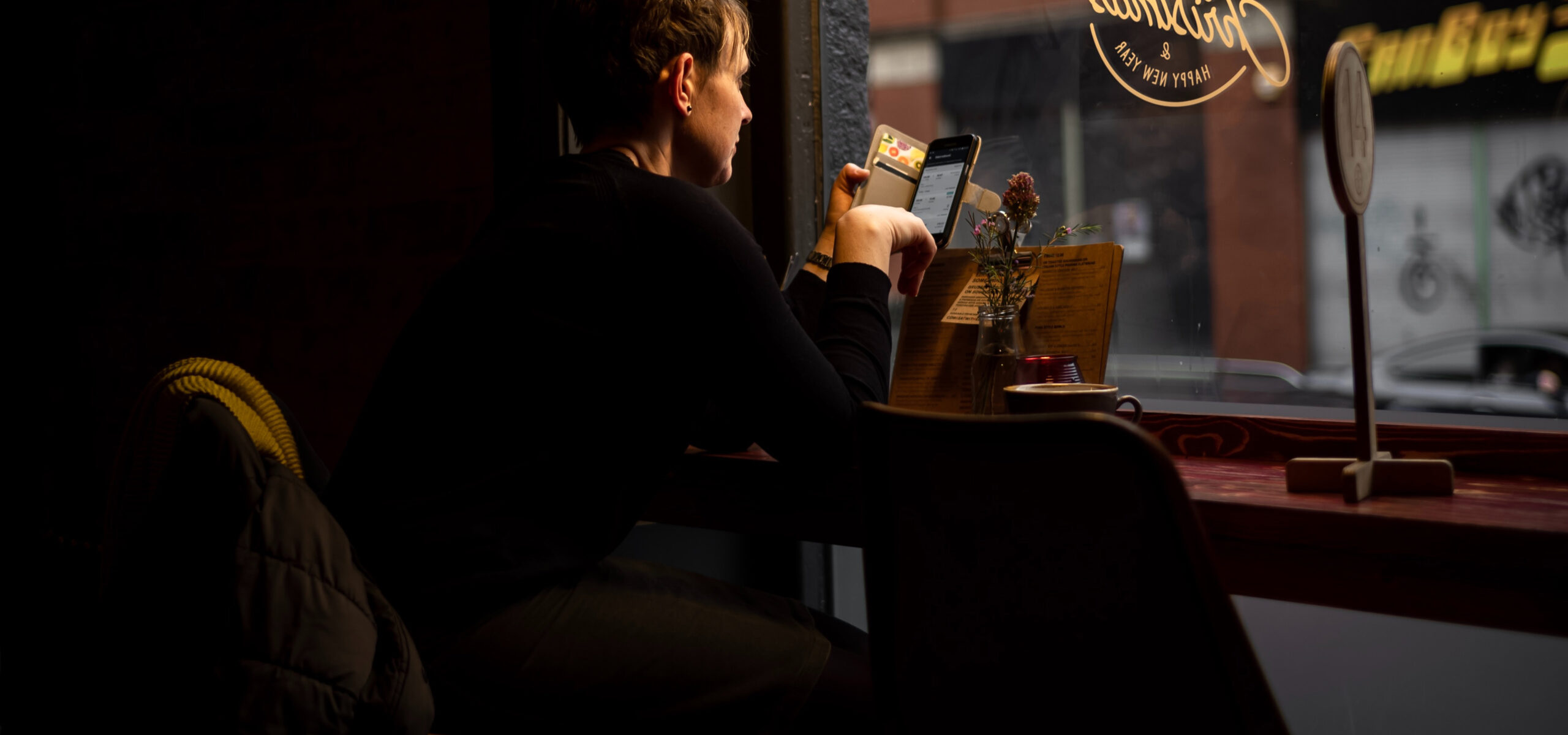Why do the British have fewer friends?

I’ve only been in London for five and half years since moving from Australia, yet when I read that over one in ten British people claim to not have a close friend that they can rely on, I thought to myself how unsurprising it was. This is because in the short time that I’ve been here, the mechanics of friendship in this city have been a recurring theme in my thoughts and conversations, as I’ve or people around me have experienced varying degrees of isolation and loneliness.
And the issue isn’t just London – research shows that Britain as a whole is seriously lagging behind other countries with the lowest national average of 2.6 close friends per person (compared to a global average of 4.3). But when friendship and our ability to connect meaningfully to those around us is such an important aspect of living a healthy, happy life, we must stop to consider why British people have fewer friends and how this might be affecting them.
Of course, Covid lockdowns pushed this trend. Research undertaken last year by King’s College London shows that half of the British public are leaving home to see friends less than they did pre-pandemic. As we learnt to rely on social technologies such as Facetime and Whatsapp to maintain friendships during these years, on top of being out of practice of seeing friends in person on a regular basis, people mistakenly now replace face-to-face interaction with the digital alternative. Not only does this undermine the quality of those friendships, but it also interferes with our relationships at home, which are now more plagued than ever by beeping and ringing phones.
But while the Covid lockdowns offer a partial explanation for why British people might have fewer quality friendships now, it does not explain this phenomenon in relativity to other countries with similar Western cultures (Australia, the US, France etc.) whose friendship counts are higher than Britain.
My own experiences lead me to consider whether the harsh financial reality for young people in the UK means they have little time or capacity to nurture their relationships in a meaningful way from a young age. As a student in Australia working a casual job, I never had to think about money (or a lack of it) as I always had enough to pay my rent and spend on cheap activities in or out with friends. Fast forward to my first full time role in London and the story was much different; My vocabulary expanded to encompass new words like ‘overdraft’ and ‘skint’, while my lifestyle shrank to only being able to spend time with friends when the weather was good or housemates weren’t home, as being inside pubs and cinemas – otherwise known as ‘social spaces’ – cost money that we didn’t have.
Authorities don’t seem to get it and governments have done little to intervene. Even the current loneliness campaign aimed at university students misses this point. While the suggestions they make, such as ‘arrange something fun to do with your current friends’, or ‘join a club to connect with others’ are important (if not a little patronising), there will not be enough of a shift without meaningful infrastructure in place to support those connections, such as accessible leisure facilities and realistic financial support. Paul Crawford, the professor of Health Sciences at the University of Nottingham, rightly argues that the campaign ‘ignores the fact that the opportunity for these young people to meet and learn how to build relationships in their childhood vanished when their libraries, youth centres and swimming pools were shut, and their public spaces became less well-maintained.’
Rather than enjoying their “carefree” years living on top of their friends, young people and graduates struggle to buy dinner. Unsurprisingly, constantly treading water leaves little opportunity or energy to help keep your friends afloat too, but this sort of reciprocal support is so crucial when we are young and learning what loving, non-familial relationships look like. The saddest part of this is that if young people miss out on intimate friendships at this crucial stage in life, many are likely to be implicated throughout the rest of their lives too as they lack the skills for platonic intimacy and regular, flexible socialisation.
Furthermore, British people don’t easily let go of the ‘hustle’ mentality in a way that allows them to reprioritise their relationships once their life does eventually become more stable. Findings from a 2019 survey reveal that half of the British public (54.7%) feel like work is the most important thing in their life, with only 13.8% prioritising their social life first. This begins to explain why, in a society that condemns a lack of career ambition, saying ‘I’m so busy with work’ when someone asks after them is now socially rewarded to the point of admiration. And call me a cynic, but perhaps the ‘Keep Calm and Carry On’ mentality means when work (or anything else) is getting to be too much, the British are less likely to simply close the laptop, pick up the phone and call a friend.
Finally, the number and diversity of Britain’s friendships are undoubtedly undermined by the ever-growing political and class divides. The country has felt the schism of political opposition for decades (even in primary school friendship dynamics), and the cultural significance of class still shocks foreigners who quickly learn that in certain settings class will determine what friendships are accessible to you.
The Brexit referendum only made things worse; As our report explained, the British public remains fiercely tribal about their votes, so much so that only 8% of Remain voters and 14% of Leave voters say that approximately half of their friends have a different view on Brexit to them. This tendency towards ideologically homogeneous friendship groups (aka. the homophily bias), leaves us with fewer opportunities for friendship.
There are undoubtedly a myriad of other reasons why the British may have fewer friends than other countries. I’ve only considered the tip of what I presume to be a far-reaching and ever-growing iceberg. However, the whole picture needs to be observed. We know from unending research (British and otherwise) that people with fewer close friends are more likely to say they feel down, depressed or hopeless either often or all of the time, while people who report having strong friendships are more than twice as likely to feel good about themselves. When rates of depression and anxiety in Britain are only ever increasing, the government needs to make a more salient connection between our social lives and our well being, and reflect this through targeted policy.
* If addiction is one of the reasons you are struggling, please visit https://www.rehab4addiction.co.uk for help*

